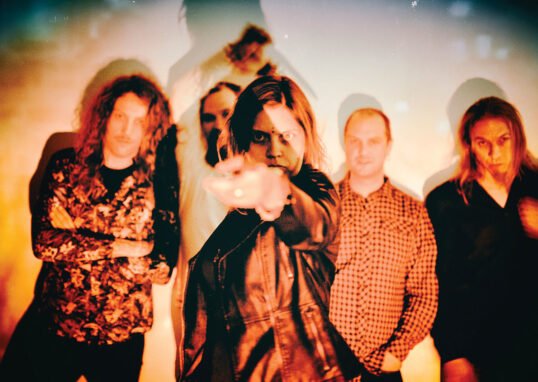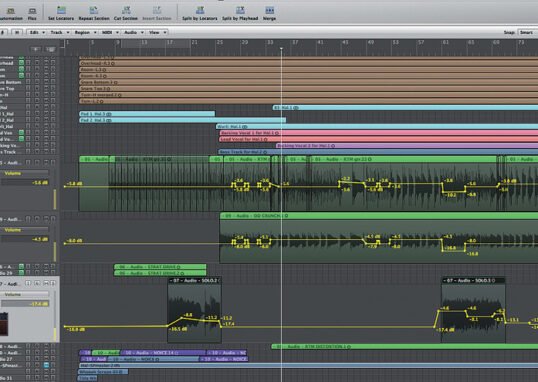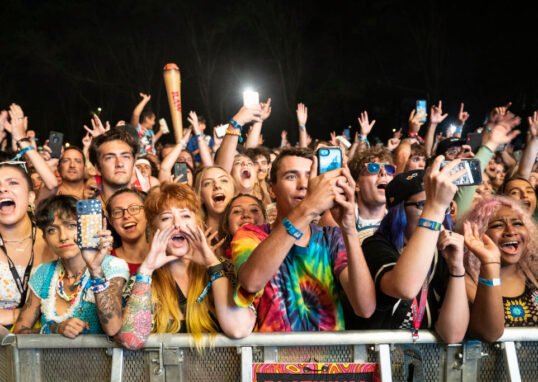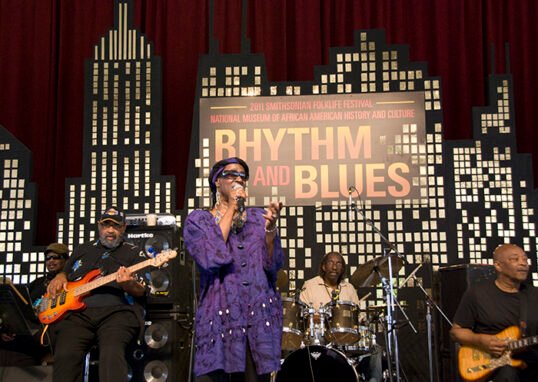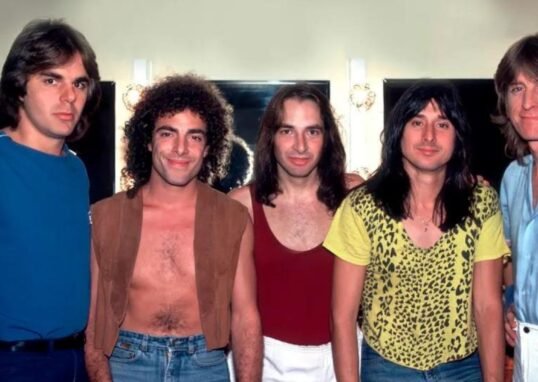
Classic rock, with its iconic sound and influential bands, has left an indelible mark on the music industry. Originating in the late 1960s and 1970s, this genre continues to shape and inspire modern music. From its innovative sounds to its cultural impact, classic rock has played a pivotal role in the evolution of contemporary music. Let’s explore how classic rock has influenced modern music and how its legacy endures in today’s musical landscape.
1. Sonic Innovations
Classic rock introduced a range of sonic innovations that are still prevalent in modern music. The genre is known for its use of powerful guitar riffs, driving drum beats, and soulful vocals. Bands like Led Zeppelin, The Rolling Stones, and The Who pushed the boundaries of rock music with their innovative use of electric guitars and amplifiers. These sonic elements have become staples in modern music, influencing genres like alternative rock, hard rock, and even pop.
For example, the gritty guitar riffs of Led Zeppelin’s “Whole Lotta Love” have inspired countless modern rock bands. Today’s artists, such as Greta Van Fleet and Royal Blood, incorporate similar riff-driven styles into their music, bridging the gap between classic rock and contemporary rock.
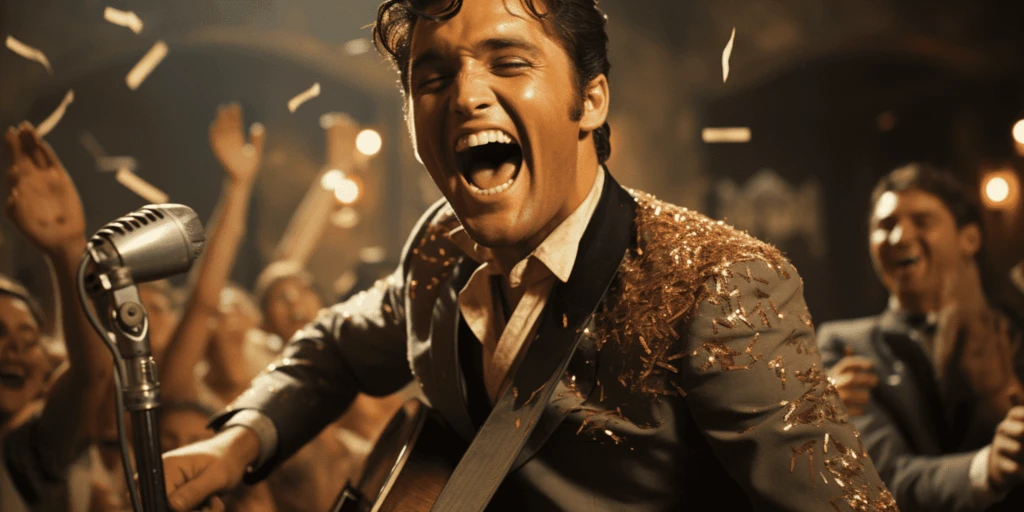
2. Songwriting Techniques
Classic rock’s approach to songwriting has also left a lasting impact on modern music. The genre is known for its emphasis on lyrical storytelling, memorable hooks, and thematic coherence. Bands like Pink Floyd and The Doors crafted concept albums and intricate compositions that pushed the boundaries of traditional songwriting.
Modern artists continue to draw inspiration from classic rock’s songwriting techniques. Bands like Muse and Arctic Monkeys have embraced complex song structures and thematic depth, reflecting the influence of classic rock’s approach to creating cohesive and immersive musical experiences.
3. Music Production and Recording
The production techniques pioneered during the classic rock era have set standards for modern music recording. Classic rock bands often utilized multi-track recording, experimental effects, and analog equipment to create their signature sounds. The use of reverb, delay, and distortion became hallmarks of classic rock production.
In contemporary music, producers and artists frequently reference classic rock production methods to achieve a nostalgic sound. For instance, the use of analog synthesizers and vintage recording equipment in albums by artists like The Black Keys and Tame Impala reflects a nod to the classic rock era’s influence on modern music production.
4. Cultural Impact
Classic rock’s cultural impact extends beyond music; it has influenced fashion, attitudes, and pop culture. The rebellious spirit, iconic album artwork, and memorable performances of classic rock bands have left a lasting legacy that continues to resonate with audiences today.
Modern musicians and bands often pay homage to classic rock culture through their music videos, stage designs, and public personas. For example, the theatrical stage presence and flamboyant style of David Bowie have influenced artists like Lady Gaga and Billie Eilish, who incorporate similar theatrical elements into their performances.
5. Revival and Tribute
The enduring popularity of classic rock is evident in the revival and tribute movements within modern music. Bands and artists frequently cover classic rock songs, and tribute albums dedicated to iconic rock bands have become popular. These revivals not only celebrate the legacy of classic rock but also introduce its timeless music to new generations.
For instance, artists like Jack White and Lenny Kravitz have paid tribute to classic rock through their music, infusing their sound with elements of the genre while bringing a contemporary twist. Tribute bands and cover versions of classic rock hits also keep the genre alive and relevant in the modern music scene.
Conclusion
Classic rock’s influence on modern music is profound and far-reaching. From its innovative sonic elements and songwriting techniques to its impact on production and culture, the legacy of classic rock continues to shape contemporary music. As new artists and bands draw inspiration from the genre, the timeless appeal of classic rock endures, bridging the gap between past and present and ensuring that its impact will be felt for generations to come.

